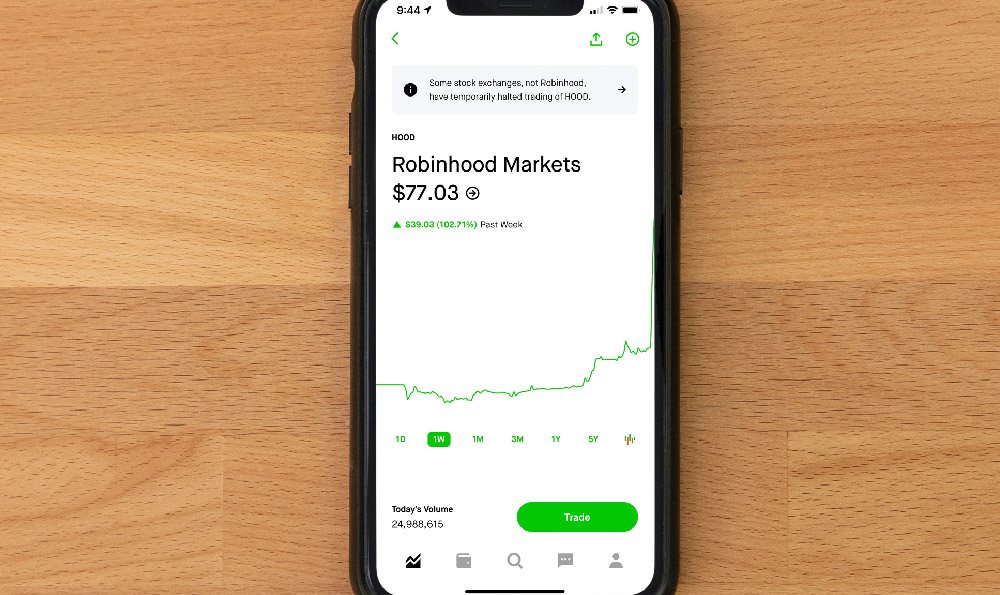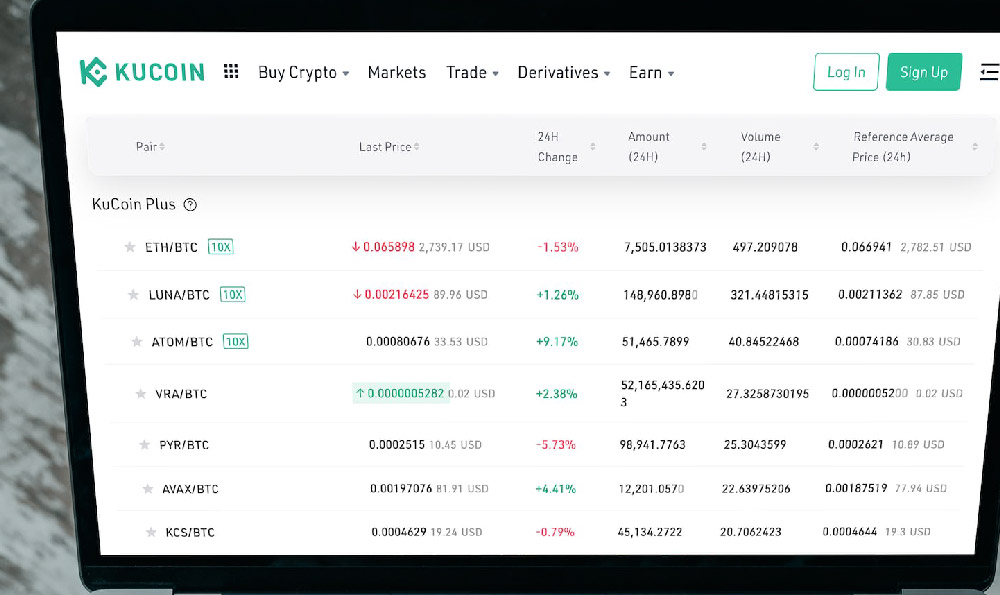How Do NFL Owners Profit? And What Are Their Revenue Streams?
NFL owners profit through a multifaceted system that blends traditional business operations with the unique economics of professional sports. Understanding their revenue streams requires looking at both the league-wide sharing mechanisms and the individual team's activities. The core principle is maximizing revenue while controlling expenses, a challenge complicated by the collective bargaining agreement with players and the inherent unpredictability of on-field performance.
One of the most significant revenue streams for NFL owners comes from national media deals. These deals, negotiated collectively by the league and distributed equally among all 32 teams, are gargantuan. They encompass television broadcasting rights with major networks like CBS, NBC, Fox, ESPN, and increasingly, streaming platforms. These contracts guarantee billions of dollars annually, forming a solid financial foundation for each franchise. The value of these deals stems from the immense popularity of the NFL, drawing massive viewership for games and related programming. As media consumption habits evolve, the NFL has adeptly adapted, securing streaming deals and expanding its digital footprint to capture a wider audience. This proactive approach ensures the league remains a highly attractive commodity for media companies, driving up the value of future contracts. The stability afforded by these national media deals allows owners to invest in infrastructure, player development, and marketing initiatives.
Beyond national media revenue, teams generate considerable income through local media deals. These deals involve local television and radio broadcasts, providing a supplementary revenue stream. The specifics of these deals vary depending on the market size and team popularity, offering a competitive advantage to teams in larger metropolitan areas with broader fan bases. While not as substantial as national media revenue, local media deals provide important supplementary funding for individual teams.

Ticket sales constitute a substantial portion of revenue for many NFL teams. The number of tickets sold for each game, and the average ticket price, play a significant role in determining a team's financial performance. This is where stadium capacity, seating options (premium suites, club seats), and overall fan engagement contribute. Stadiums with modern amenities and diverse seating options can command higher ticket prices, generating more revenue. Building a loyal fan base is crucial for maintaining strong ticket sales. Marketing and promotional efforts, coupled with on-field success, are essential for attracting fans to games. However, ticket revenue can be affected by factors such as the economy, weather conditions, and the team's win-loss record. A consistently successful team is more likely to maintain high ticket sales, while struggling teams may face challenges in filling the stadium.
Stadium revenue goes far beyond ticket sales. It includes revenue generated from concessions (food, beverages, merchandise), parking, and other events held at the stadium. Concessions and merchandise sales offer a significant opportunity for revenue generation. Stadiums are designed to optimize these sales, with numerous points of sale and a wide variety of products available. Luxury suites and club seats offer enhanced amenities and premium service, generating substantial revenue through higher prices and exclusive benefits. The ability to host non-NFL events, such as concerts and conventions, can further boost stadium revenue during the offseason. A well-managed stadium can become a significant profit center for the team, contributing substantially to the owner's overall financial performance.
Another key profit stream for NFL owners is merchandise sales. The NFL has a well-established licensing program that allows companies to produce and sell merchandise bearing team logos and player names. A portion of the revenue generated from these sales is distributed to the teams. The popularity of a team and its players directly influences the demand for merchandise. Successful teams and popular players generate higher merchandise sales, resulting in greater revenue for the owner. The NFL also proactively combats counterfeit merchandise to protect its brand and ensure fair revenue distribution. Online retail and e-commerce platforms have further expanded the reach of NFL merchandise, allowing fans worldwide to purchase their favorite team's gear.
While revenue streams are crucial, cost control is equally important for NFL owners. Player salaries are a significant expense, subject to the collective bargaining agreement between the league and the NFL Players Association (NFLPA). The collective bargaining agreement establishes a salary cap, limiting the amount of money teams can spend on player salaries. This helps to level the playing field and prevent teams with deeper pockets from dominating the league. Owners must carefully manage their player payroll to stay within the salary cap while building a competitive team. This requires strategic player acquisitions, contract negotiations, and careful evaluation of player performance.
Beyond player salaries, NFL owners incur expenses related to team operations, coaching staff salaries, stadium maintenance, marketing, and administrative costs. Efficient management of these expenses is crucial for maximizing profitability. Owners must carefully budget and allocate resources to optimize performance while controlling costs. Investing in player development, scouting, and coaching staff can improve on-field performance, which can then lead to increased revenue.
The appreciation in team value is a major factor contributing to NFL owners' wealth. The value of NFL franchises has consistently increased over time, driven by the league's popularity, strong media deals, and limited number of teams. Owners can potentially realize significant profits when they sell their franchises, due to the substantial appreciation in value. This long-term appreciation is a key incentive for investing in an NFL team. The scarcity of NFL franchises, coupled with the league's strong financial performance, makes them highly desirable assets.
In conclusion, NFL owners profit from a variety of revenue streams, including national media deals, local media deals, ticket sales, stadium revenue, merchandise sales, and the appreciation in team value. Efficient management of costs, particularly player salaries, is essential for maximizing profitability. The NFL's unique economic structure, collective bargaining agreement, and popularity contribute to the financial success of its owners. The ability to navigate these complexities and build a competitive team is key to long-term financial success in the NFL.















